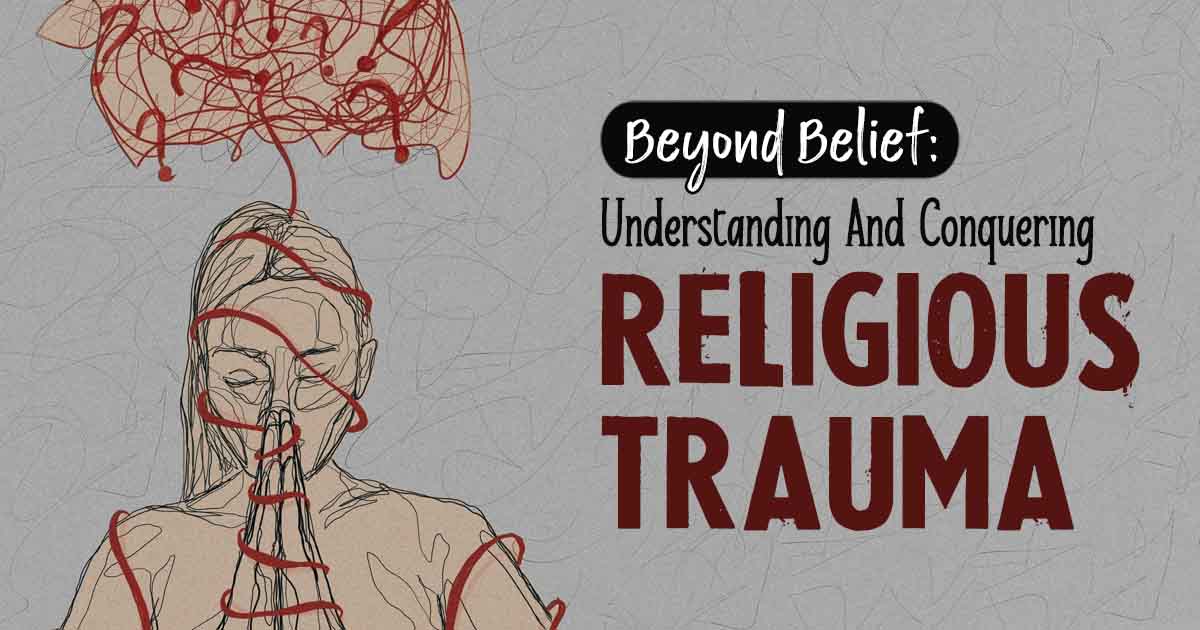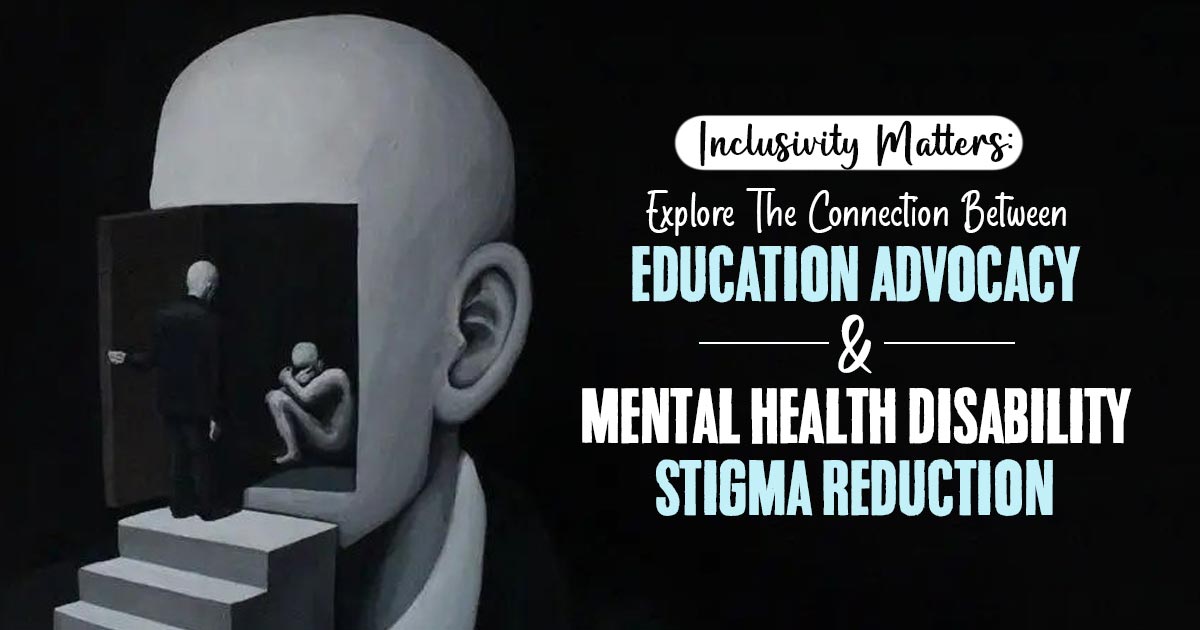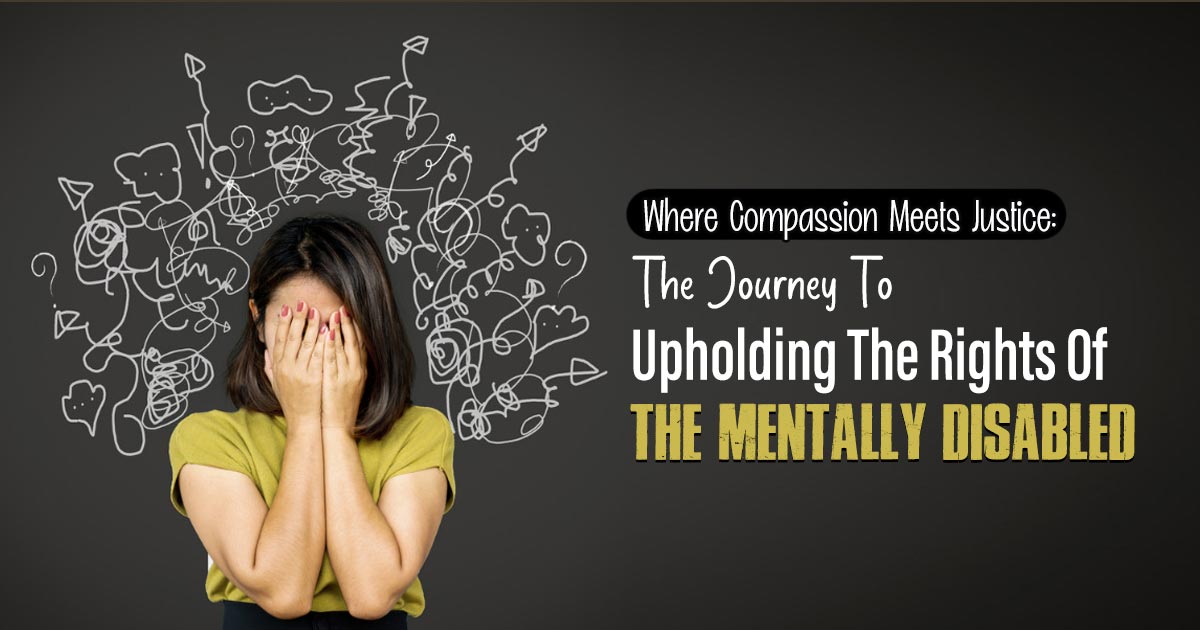Psychology News – A study reinforces the already-confirmed link between psychological distress and the development of viral infections in the context of COVID-19. It revealed that people with elevated psychological distress are associated with numerologically greater and more severe symptomatic experiences of SARS-CoV-2.
The COVID-19 pandemic reinforced increased social isolation and negatively impacted psychological well-being. A study conducted at the University of Nottingham revealed that people who experienced elevated psychological distress in the early months of the pandemic were significantly associated with greater risks of contacting and/or experiencing COVID-19 symptoms. In fact, the reported symptomatic experience of SARS-CoV-2 was noted for its variety and severity.
In the UK, 1087 participants, as part of a longitudinal prospective observational cohort study, completed validated measures of psychological well-being during April 2020. They self-reported incidence of COVID-19 infection and symptom experience across the pandemic through to December 2020. The study used regression models to explore relationships in demographic, psychological, and occupational factors. In this study, psychological distress was operationalized as a constellation of increased stress, anxiety, depression, and low levels of positive mood.
The findings, published in Annals of Behavioral Medicine, confirmed the irrefutable ‘vulnerability’ link between psychological distress and the development of viral infections—in this case, SARS-CoV-2. The research contributed to the debate around the mental health aspects of the pandemic. The researchers looked to further investigation into the influence of psychological well-being on the effectiveness of COVID-19 vaccines. With the success of such vaccines playing a critical role in the route out of the pandemic, understanding the role of psychological factors in vaccine effectiveness and the potential for psychological interventions to enhance effectiveness could be important areas for future research.
Professor Kavita Vedhara, of the School of Medicine at the University of Nottingham, led the study—along with colleagues from King’s College London and the University of Auckland in New Zealand. She said, “Further work is now needed to determine whether and how public health policy should change to accommodate the fact that the most distressed people in our communities appear to be at greatest risk of Covid-19 infection.”
To Know More You May Relate To
Ayling, K., Jia, R., Coupland, C., Chalder, T., Massey, A., Broadbent, E., & Vedhara, K. (2022). Psychological predictors of self-reported COVID-19 outcomes: Results from a prospective cohort study. OUP Academic. https://academic.oup.com/abm/advance-article/doi/10.1093/abm/kaab106/6494327




























Leave a Reply
You must be logged in to post a comment.